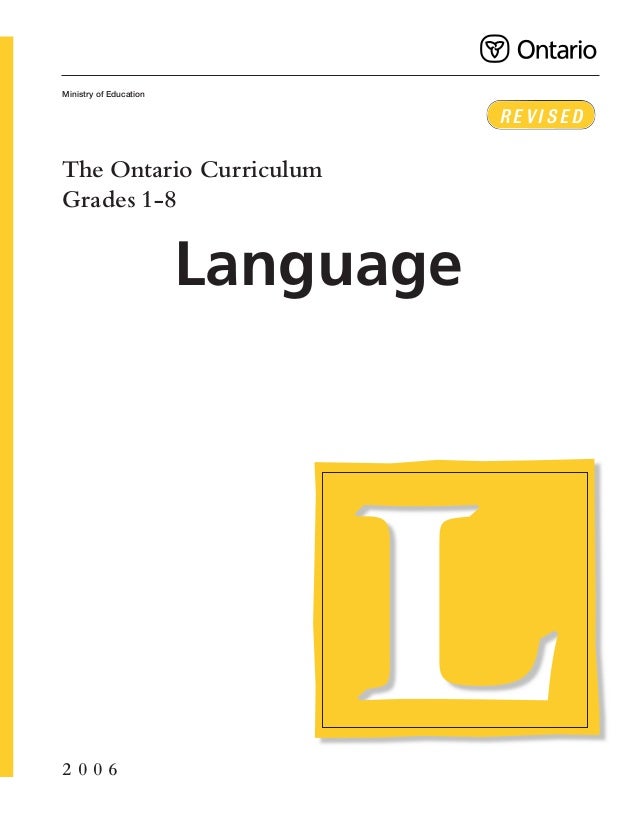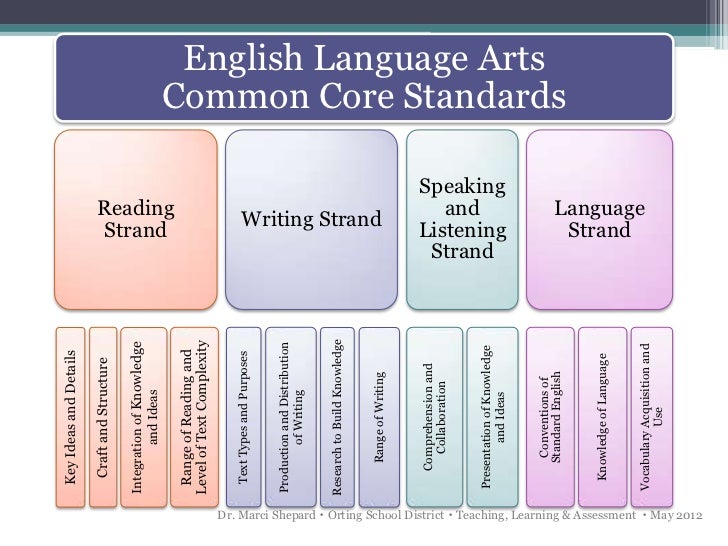Comprehensive Literacy
Online Resources Used for Infographic:
http://www.ocdsb.ca/sta/cli/docs/Comprehensive%20Literacy%20Instruction%20K-12.pdf
http://www.oise.utoronto.ca/balancedliteracydiet/Home/

5 Supporting Artifacts for Language Arts
1) The Ontario Curriculum Document
This artifact is a pinnacle and basic foundation for programs that encompass comprehensive literacy. This must continuously be referred to, and concisely used when
planning comprehensive literary lessons. Lesson and unit plans must revolve around overall
and specific expectations that exist in this document in order to teach the students accordingly. Some modifications and accommodations may be made for particular students and their required needs
2) Kahoot!
This artifact is a very flexible tool to be used under the Teacher Choices for the
100 Minute Block. Students are able to be assessed in an enjoyable, engaging, and challenging fashion. Regarding the task within comprehensive literacy, Kahoot! is a fun technological format as a way of
Assessment for Learning. The teacher can identify where students are struggling
and base their lessons around the needs of the students, while continually gathering anonymous data that is only student labeled and visible to the teacher.
1) Article: Comprehensive Literacy - Team Teaching
This artifact strays from the norm, as it is an article that provides teachers with insight on how
to team teach in lieu with comprehensive literacy. Students are directed to work together
within the comprehensive literacy model, therefore teachers can model this format to
students by working together to create said function. For this to be a successful method of literary comprehension, the instruction style must be
succinct and consistent among classes.
1) Article: What works? Research into Practice.
This artifact aids in the support to guide teachers in
understanding the importance of Literacy Blocks and its compromise of the 100-minute
block and its components. It explains Student Engagement and opportunities available.
Tips for planning and timetable, which includes: considerations, implications
and proper routine scheduling. Divides the time into individual, group and
whole class discussion/work. Explains the gradual release of responsibility;
specifically developing students from modeled, shared and guided instruction
until expected independent work is reached.
1) English Language Arts Common Core Standards
This final artifact is basic in form, however it offers a visual representation
that can aid both the student and educator. It is a gentle reminder that
segregates the strands into more specific components so that assessment differentiation
can be easily identifiable. Overall and specific expectations are now readily,
and visually, available to help represent Ontario Curriculum and assessment.



Comments
Post a Comment